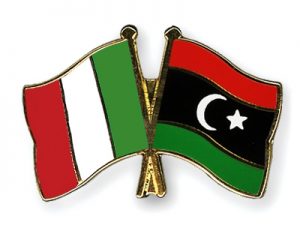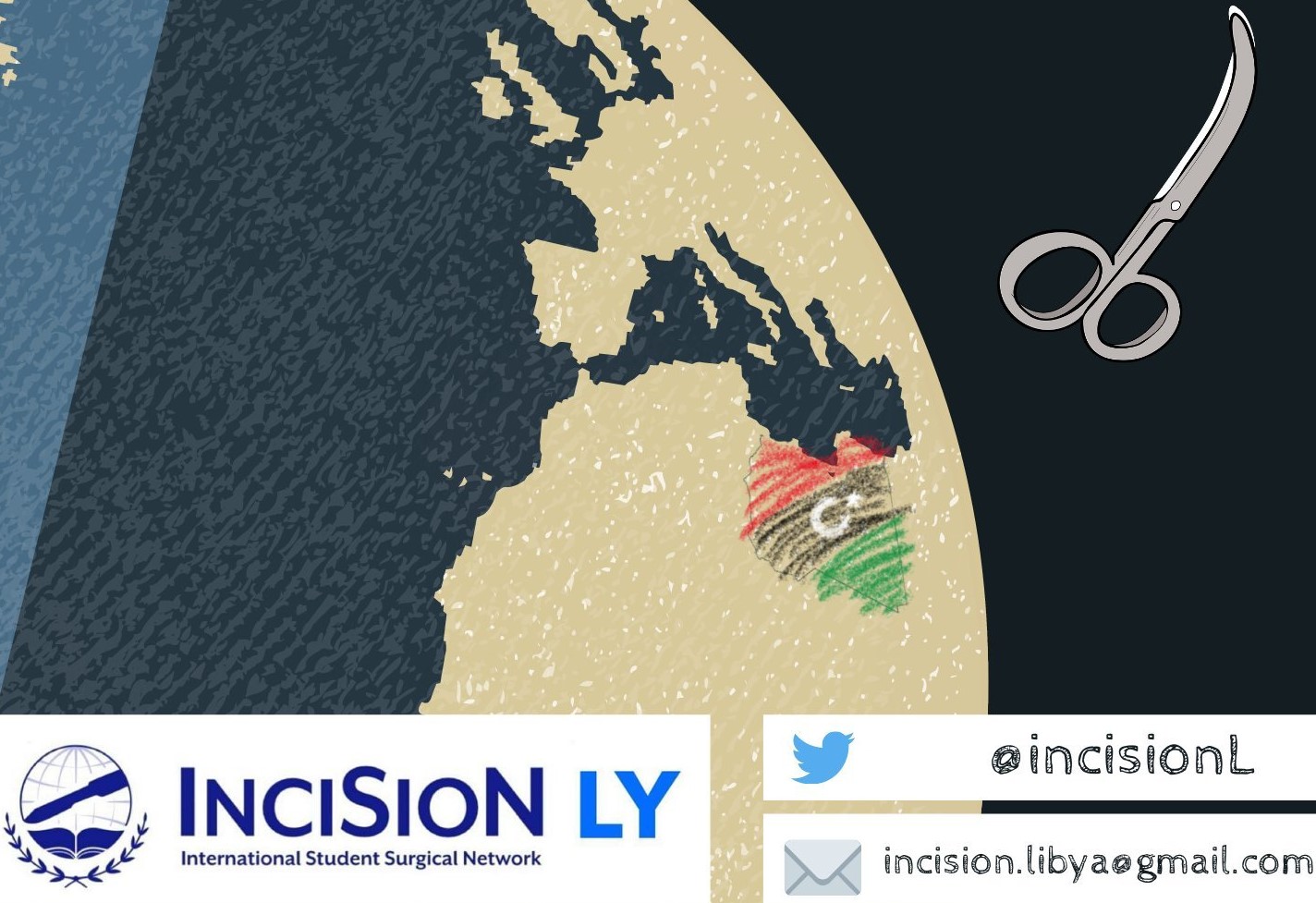By Sami Zaptia.
London, 5 September 2020:
Italy signed an agreement with Libya’s Ministries of Local Government and Agriculture back on 6 August for an initiative on rural development in southern Libya. The agreement was based on a request by the Tripoli-based Libyan government.
The Italian embassy, Tripoli, and the International Centre for Advanced Agronomic Mediterranean Studies (CIHEAM) in Bari, Italy, provided Libya Herald with more details on the agreement.
The initiative provides for a “Programme for food security and resilience of rural communities in Libya – PROSAR” and is financed by the Italian Agency for Development and Cooperation and executed by CIHEAM . The project will run for 32 months and is expected to end in February 2023.
PROSAR is a development programme designed to provide support to agriculture, food security and resilience of rural communities in South Libya. The Libyan Ministries of Agriculture and of Local Government will be the two main Libyan counterparts of the programme, while the Universities of Tripoli and Sebha will be involved as national implementing agencies to provide technical and scientific support, CIHEAM explained.
CIHEAM will also operate as implementing agency, providing technical and scientific in house expertise and making available qualified human resources in Italy as well as adequate tools and methodologies for managing the initiative to help achieve the projects’ objectives through technical assistance, training, supplies and services.
Supporting the agriculture production chains
PROSAR aims at strengthening resilience in the Fezzan agricultural communities by supporting the agriculture production chains, to generate employment, more efficient production, and in particular, increasing food security, and sustainable agricultural production in the three districts of Sebah, Murzuq and Ubari.
Its related strategy is based on a participative and inclusive approach, aiming at granting technical assistance to the rural communities in Fezzan as well as to the concerned Libyan institutions.
Inter-sectorial analyses for each relevant Value Chain
It is foreseen that these components will be achieved through specific sets of activities. Firstly, a common initial technical and economical inter-sectorial analyses per each relevant Value Chain as thematic assessments to allow the programme to intervene in an informed an effective way on the structural weaknesses of the livestock and agricultural sectors in the project sites.
“Allowing Fezzan farmers and breeders to gain a more sustainable and efficient use of natural resources, a better access to agricultural inputs and a better capacity of producing and trading their productions”, CIHEAM added.
Better planning
Secondly, a further set of activities will concern the Libyan Ministry of Agriculture. CIHEAM Bari will provide technical assistance to upgrade knowledge and improve capacities of officials working at national and regional level in order to plan better supportive intervention for agricultural and livestock sectors in Fezzan also involving concerned municipalities.
“Libyan Institutions are able to improve territorial agricultural development planning to better and efficiently assist farmers in improving their productions”, CIHEAM explained.
Tailored support
Finally, a set of activities designed to directly reinforce capacities and opportunities of farmers and livestock breeders living in Sebha, Ubari and Murzuq, in order to increase their own productions through tailored technical, training, material and financial support provided jointly by CIHEAM in partnership with Universities of Tripoli, Sebha as well as relevant Italian Entities.
The main domains of interventions will be water and soil fertility management, pest control, proper use of inputs and sustainable farming systems. These activities will also involve local extension services, municipalities, as well as the private sector.











